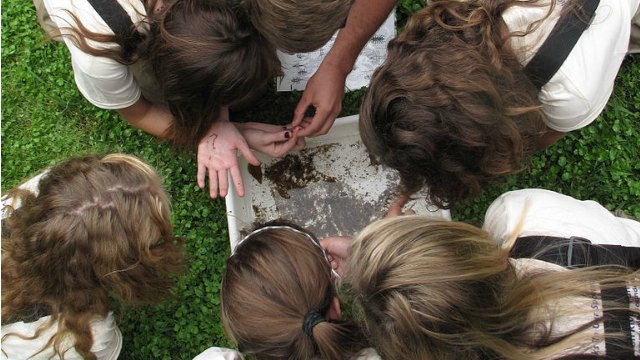 WIKIMEDIA, GARY PEEPLES/USFWSThe National Science Foundation (NSF) is shuttering a source of funding for PhD candidates in environmental sciences at US universities. In a “Dear Colleague Letter,” sent out yesterday morning (June 6), the agency announced that it would no longer offer PhD candidates the opportunity to submit proposals for Doctoral Dissertation Improvement Grants (DDIGs) through either its Division of Integrative Organismal Systems (IOS) or its Division of Environmental Biology (DEB).
WIKIMEDIA, GARY PEEPLES/USFWSThe National Science Foundation (NSF) is shuttering a source of funding for PhD candidates in environmental sciences at US universities. In a “Dear Colleague Letter,” sent out yesterday morning (June 6), the agency announced that it would no longer offer PhD candidates the opportunity to submit proposals for Doctoral Dissertation Improvement Grants (DDIGs) through either its Division of Integrative Organismal Systems (IOS) or its Division of Environmental Biology (DEB).
“The Doctoral Dissertation Improvement Grant program in the Division of Environmental Biology has come to an end,” NSF staff members wrote in DEBrief, the blog of the Division of Environmental Biology, after the announcement yesterday. “This decision was difficult, but the NSF and [the Directorate for Biological Sciences] BIO’s programs are facing many challenges, and this is the best course of action at this time.”
The NSF says the DEB granted 135 DDIG awards in FY 2015 and 121 in FY 2016. The IOS awarded 21 DDIGs in FY 2015 and 15 in FY 2016. Each of those grants comes with roughly $20,000 that goes to a student’s project and overhead costs for his or her home institution.
After researchers received the NSF’s letter, social ...














